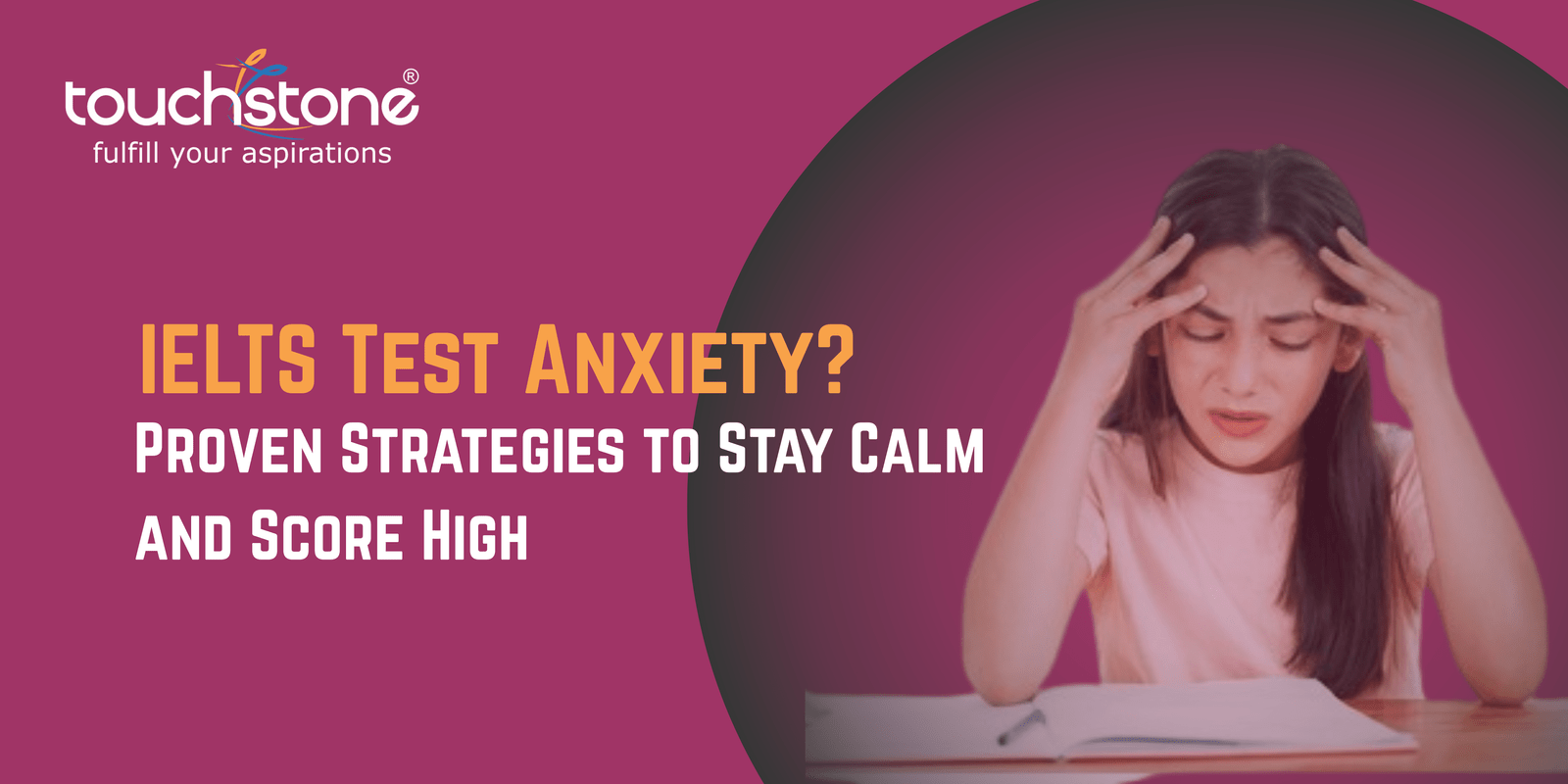Good English speaking ability is an absolute necessity to be successful in personal and professional life. Speaking good English is no longer a matter of choice, good English communication skills have become a need for surviving in today’s society. English is the first language recognised by the United Nations as its official language. U.N. recognises 4 other official languages but English is the most popular among the 5 official languages of U.N.
Good spoken English is our window to the world and a route to an array of accomplishments. People who speak good English are more successful as compared to those who are unable to speak good English. Bad English speaking eclipses all the qualities and skills than an individual may have.
People who cannot speak good English are generally considered illiterate even if they are highly qualified. Weakness in speaking English is the biggest roadblock in professional growth. Students, who are unable to speak good English, find it difficult to cope with their studies. Good English speaking ability has also become necessary for home makers. Inability to speak in English is a cause of humiliation for professionals, students and home makers.
Innumerable multinational companies have been setting up huge offices in India and are keen on expanding further. There is a big demand of professionals to cater to the needs of the ever growing multinational and Indian corporate sector. Corporations look for individuals who have the necessary qualifications and skills for various roles but Good English speaking is the first level of all selection processes. Irrespective of their qualifications and skills individuals with below par English speaking abilities are filtered out during the initial screening process.
Touchstone offers a unique combination of English speaking and personality development training solutions. Best spoken english institute in India
Don’t let inability to speak good English hinder your success and acceptance in the society.





